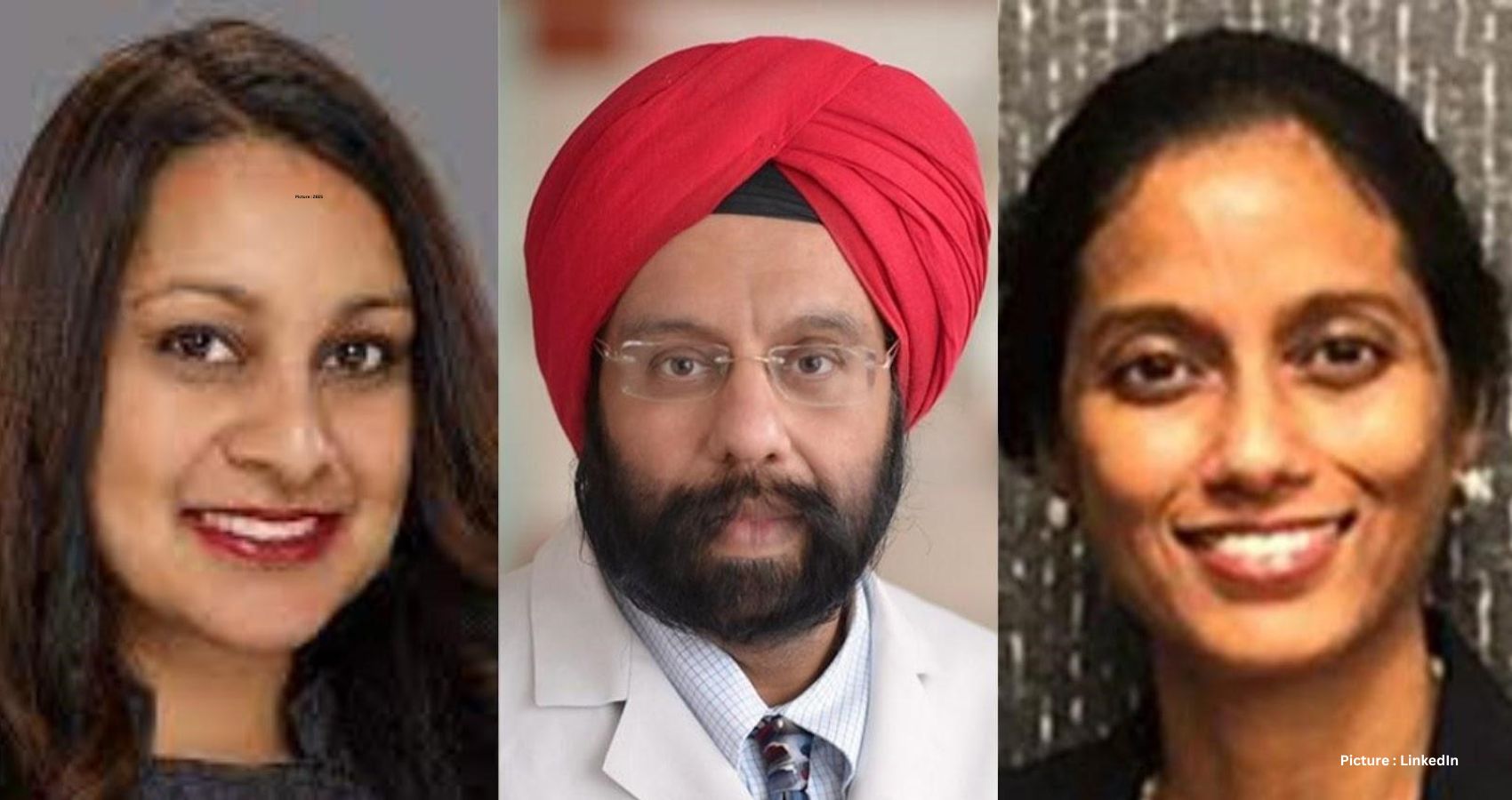The American Diabetes Association (ADA) has disclosed its roster of principal officers and board of directors for the year 2024, a lineup that notably features three accomplished individuals of Indian origin. The ADA’s 15-member board, comprising professionals from the medical, scientific, education, and executive business realms, was detailed in a recent news release.
Among the distinguished appointees are Dr. Mandeep Bajaj, Dr. Rita Rastogi Kalyani, and Dr. Madi Rajulapalli, each bringing a wealth of expertise to the ADA’s leadership. Dr. Mandeep Bajaj, holding the position of president of medicine and science, serves as the vice chair for clinical affairs in the department of medicine and holds a professorship in medicine and molecular and cellular biology at the esteemed Baylor College of Medicine in Houston.
Dr. Bajaj occupies the role of chief of the endocrinology section at Baylor St. Luke’s Medical Center, concurrently acting as the medical director of the Baylor St. Luke’s Medical Center Diabetes Program and Baylor Medicine Endocrinology and Diabetes. His contributions extend beyond clinical roles, having served on the association’s scientific sessions meeting planning committee, finance committee, and research grant review committee. The ADA has acknowledged his exceptional contributions with the Outstanding Physician-Clinician award.
A graduate of the renowned All India Institute of Medical Sciences (AIIMS) in New Delhi, Dr. Bajaj pursued fellowship training in endocrinology and diabetes at the Joslin Diabetes Center in Boston. His impressive background and dedication to the field have positioned him as a respected figure within the ADA.
Dr. Rita Rastogi Kalyani, assuming the role of president-elect of medicine and science, is an associate professor of medicine in the division of endocrinology, diabetes, and metabolism at Johns Hopkins University School of Medicine in Baltimore, Maryland. Dr. Kalyani previously chaired the ADA’s professional practice committee, responsible for formulating the ADA standards of care in Diabetes in 2018. Her involvement with the ADA also extends to her presidency of the ADA’s Maryland community leadership board.
Currently serving as an associate editor for BMJ Open Diabetes Research and Care, Dr. Kalyani is a Harvard alumna, having earned her bachelor’s degree there. She completed all her medical training at Johns Hopkins, solidifying her academic and professional credentials.
Dr. Madi Rajulapalli, entrusted with the position of regional medical director for Medicare Case Management at CVS Health, boasts a distinguished career path. Before her current role, she served as the chief medical officer for Aetna Better Health of Louisiana and held leadership positions as the chief medical officer for provider-based health plans and population health, as well as chief medical officer for community healthcare centers.
Dr. Rajulapalli holds diplomas from the American Board of Internal Medicine and the American Board of Quality and Utilization Review Physicians. Her educational journey includes an MBA from Texas Woman’s University and executive education from Harvard Business School. Beyond her corporate responsibilities, Dr. Rajulapalli actively contributes to the ADA as the president of its board, Louisiana-Mississippi chapter. Additionally, she participates in the value-based care council—executive leadership advisory committee (EAC) for the National Association of Managed Care Physicians.
In her leadership role, Dr. Rajulapalli aligns with the ADA’s mission as a voluntary health organization committed to addressing the diabetes epidemic and enhancing the well-being of individuals living with diabetes.
The ADA, through its newly appointed principal officers and board members, continues to play a pivotal role in combating the challenges posed by diabetes. The inclusion of these three accomplished individuals of Indian origin underscores the organization’s commitment to diversity and excellence in its leadership. As the ADA strives to “bend the curve on the diabetes epidemic” and support those affected by the condition, the collective expertise of Dr. Bajaj, Dr. Kalyani, and Dr. Rajulapalli promises to contribute significantly to the organization’s ongoing efforts.

